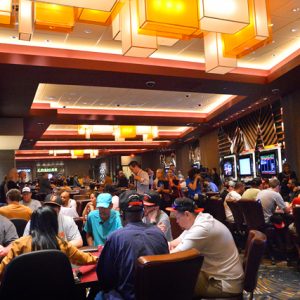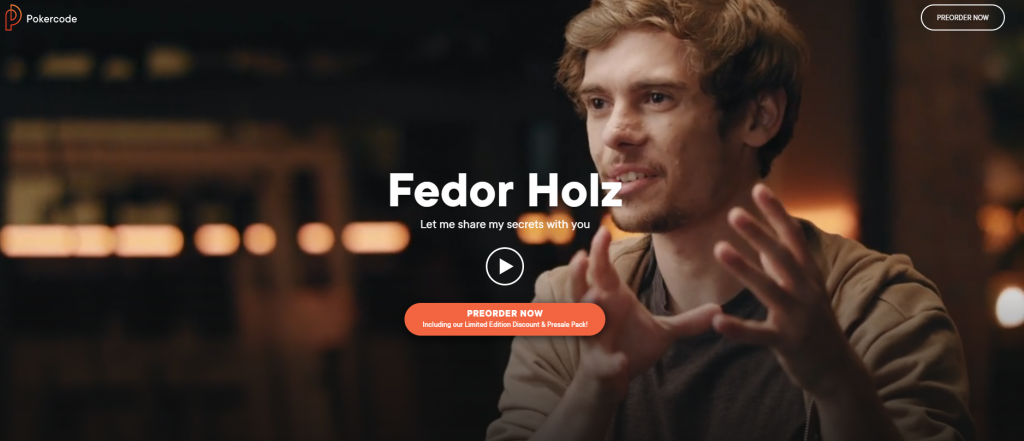How Poker Players Can Plan for the Next Pandemic

The coronavirus pandemic has been a rude awakening to many live poker players, especially live poker pros. Casinos have been shut down around the world for months (at the time this article was posted) and it may be over a year before things return “back to normal.”
Live poker pros and pro poker players, in general, have struggled due to this pandemic. Some have learned the hard way that they did not plan adequately for hard times. Today, we will discuss some planning you can do as a poker player to try and plan for long downswings, or for the next time there is an extended shutdown in the live poker.
Build a Reserve Fund
The #1 thing that prospective pro players fail to do is plan ahead. They “turn pro” and jump in without a plan and typically risk all of their money. So what happens when games are put on pause of if they start losing for weeks or months at a time? They go broke.
As such, you should be setting up a reserve fund for hard times. We advocate putting back enough money to cover living expenses for at least six months. Figure out your bills for rent, utilities, car payment, and food and make sure you have enough put back to cover those base necessities.
Many don’t feel they can put back six months of expenses before turning pro. While understandable, it is a wise precaution that would have come in handy during this pandemic.
Build Alternative Revenue Streams
A problem that has been experienced by some younger players is putting all of their eggs into playing poker professionally. They are not trying to make money in any other fashion outside of playing poker. This is great when the games are going well. But what about lean times, or times when poker games aren’t being played.

Fedor Holz is now a poker coach. This gives him a solid alternative revenue stream.
Look into branching out and coming up with other ways to make money. They can be connected to the poker world, such as poker coaching or poker sponsorship. Other players invest in businesses, buy cryptocurrency, or even open their own businesses.
Poker pros used to be ridiculed for having multiple revenue streams. However, players like Phil Hellmuth and Daniel Negreanu have made a killing at alternative revenue streams. Both players are not struggling to pay bills at this point. Diversifying is just smart business and can keep you afloat during hard times.
Develop Other Skills
Poker players that turn pro a bit later in life tend to be able to survive downturns in the game because they have skills to fall back on. For example, in my personal life, I worked in the IT field and customer service industries before playing poker professionally.
When I decided to step away from the game as a semi-pro player, I worked a bit in IT but also started cultivating my writing skills. I had skills to fall back on to keep myself gainfully employed. Some pokers have only played poker for a living and have few other skills.
If you’re a younger player, consider developing some other marketable skills. You can develop them as a fallback position or even use them to create some alternative revenue streams we talked about earlier.
Play More Online Poker
This last tip will not apply to everyone. For example, where I live, I am unable to play at online poker rooms that are regulated. The same is true for poker players in various parts of the world. However, if you live in an area where online poker is legal, then it may be time to work on your online poker game.
Online poker is presently thriving due to the pandemic and will always be available. If you are somewhat new to the game, there will be a bit of a learning curve, so you may want to move down in stakes to compensate. However, it is one way to stay in the game when live games are not running.
For those on a downswing, online poker can provide a cheaper alternative to live poker and allow you to work on your game. There are plenty of online tools to help you with your game along with hand histories that can allow you to identify leaks in your game. Playing a few weeks online could help you improve your game and get you back to your winning ways.
